Counterterrorism and International Power Relations —— The EU, ASEAN and Hegemonic Global Governance
----- 反恐怖主义与国际权利关系
Why do states and international relations organisations participate in the 'global war on terrorism'? This book asks this question within a broad framework, exploring the mechanisms and causes for participation in global governance and taking counterterrorism as a pertinent case. Challenging the assumption of egalitarian structures of global governance, the author argues that power relations and the use of power (influence, coercion and force) play a more important role than previously suggested. Providing a critical assessment of the counterterrorism policies of EU, US and ASEAN, the book identifies a number of causes of participation in hegemonic governance, including asymmetric interdependence with the US, open and informal pressure in the case of the EU, and the authority and legitimacy of the leading actors.'Throughout the early twenty-first century, state governments have worked to develop policies and mutual understandings which advocates claim will improve their collective ability to protect themselves from terrorism. In this book, Anna Cornelia Beyer demonstrates that their efforts conform to a pattern of organisation and power relations which she describes as “hegemonic governance”. Using data gathered from primary source documents and original interviews with recognised authorities, she contributes meaningful knowledge to several bodies of scholarly literature. In addition to this, her work also contains a useful approach to policy-oriented studies of counterterrorism.'- Dr Tom Kane, Senior Lecturer, Department of Politics and International Relations, University of Hull
{{comment.content}}
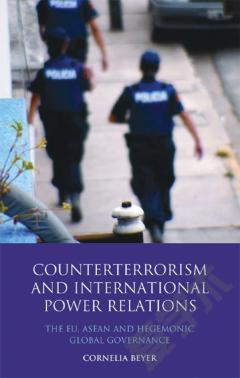
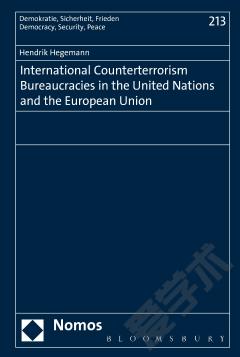
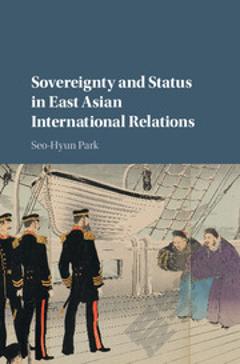

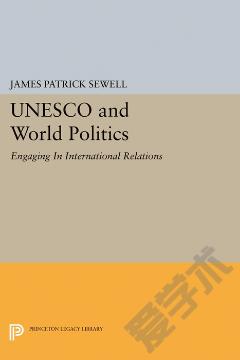

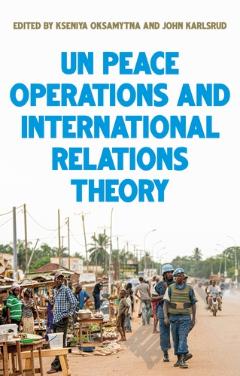

 京公网安备 11010802027623号
京公网安备 11010802027623号